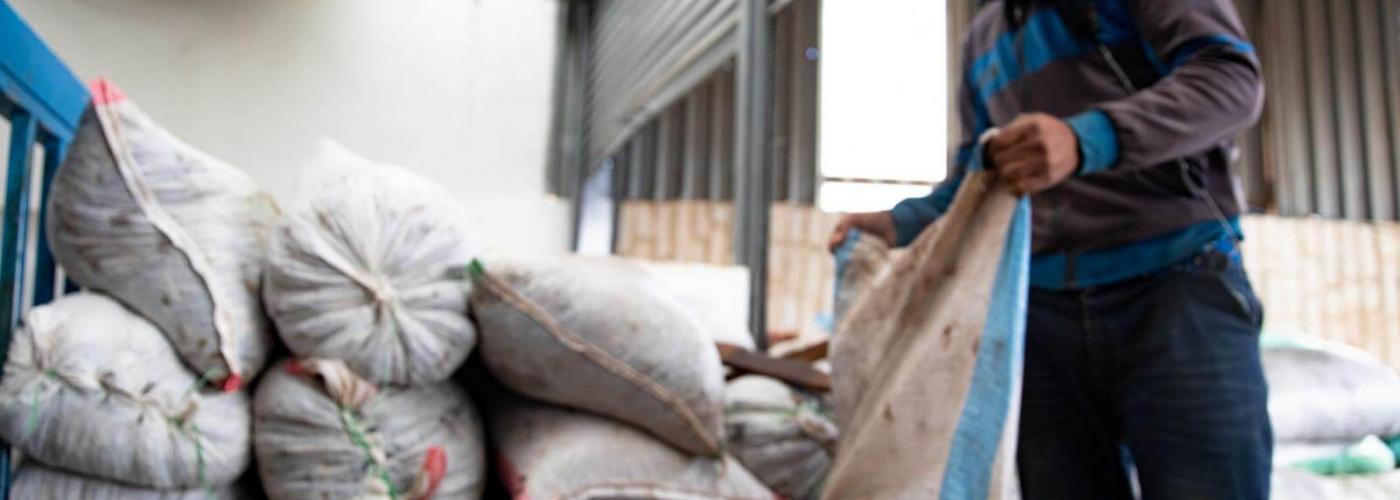COVID-19 Rapid Market Impact Report
Image

This post shares a new report from Mercy Corps highlighting how government restrictions to stop the spread of the coronavirus have impacted businesses, supply chains, markets, and local economies.
Restrictions put in place by governments around the world to stem the spread of COVID-19 have significant short and long-term economic consequences that are affecting everyone, albeit unevenly. The rapid pace of change in the fight against the virus, as well as the differential impacts on local economies, reinforces that there are no simple narratives during such a pandemic. Using information collected from 22 Mercy Corps country programs, this market impact report provides real-time examples of how the stringency of rules and regulations to stem the spread of the virus, the robustness of markets and supply chains, as well as the compounding nature of pre-existing crises all factor into how businesses, farmers, formal and informal workers and their families are coping and the potential impacts on income and food security.
Economic vulnerability and food insecurity are growing at a rapid pace.
Restrictions on business operations and trade are having significant negative impacts on people’s ability to work, resulting in lower incomes and food insecurity. For example, in Iraq, 72% of households surveyed have been unable to work in the past two weeks due to movement restrictions and changes in the way that business is conducted. In Ethiopia and Kenya, thousands of factory and farm employees have lost their jobs as demand for exports declines.
Smaller and more informal businesses, and their workers, are uniquely vulnerable to the effects of government restrictions on movement.
These businesses often lack access to reliable information, financing, and the ability to secure exemptions to government restrictions. As a result, many such enterprises are unable to continue operating or are experiencing daily income losses. In Zimbabwe, while large scale abattoirs are able to access movement permits, small butcheries who rely on informal transporters have not been able to access permits, compromising their ability to operate. In Indonesia, vegetable farmers with buying contracts are seeing an uptick in sales and income while those without contracts are struggling with strict inspections and movement restrictions that prevent them from selling their crops.
Price fluctuations are widespread due to rapid shifts in both demand and supply.
Lower-income countries--which tend to rely more heavily on informal economies--are seeing greater food price increases. The highest price spikes are occurring in locations that have faced strong restrictions for more than 30 days, such as Sudan and Iraq.
In the short-term, urban consumers and workers are at the forefront of impacted groups, along with those who rely on more complex and trade-dependent supply chains. Moving forward, economies that are both highly informal and highly dependent on trade will likely experience greater food insecurity and economic vulnerability.
While aid will be desperately needed both in the short and long term to help people cope and recover from the health, economic and social impacts of COVID-19, research shows that people rely more on markets than aid actors to withstand crises. As already fragile economies face this unprecedented crisis, now more than ever, we need aid to strengthen markets, not undermine them. Doing so will require the following:
-
Recognise the crucial role of local businesses and markets in providing income and supporting food security in fragile economies. This means, on the one hand, providing support to those businesses and markets - through policies to support recovery, and decentralised, flexible support to strengthen affected businesses and institutions. On the other hand, it means ensuring that short and medium-term aid does not further destabilise or undermine these critical actors through, for example, inappropriate distribution of commodities.
-
Support efforts to further analyse how different economic actors cope and adapt in light of COVID-19 and other shocks. This analysis provides critical pointers for the types of support local economies need to withstand the crisis and recover.
Read or download the full report below.

